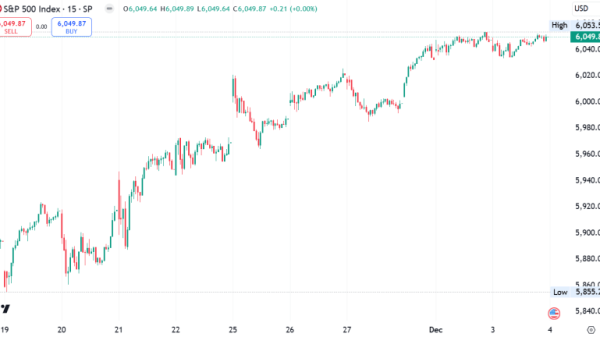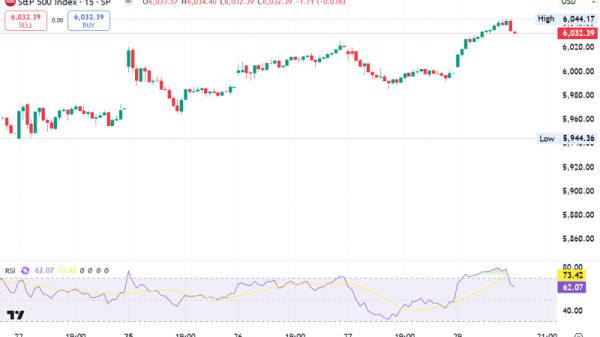By Libby George
LONDON (Reuters) – Countries are likely to default more frequently on their foreign currency debt in the coming decade than they did in the past due to higher debt and an increase in borrowing costs, agency S&P Global Ratings warned in a report on Monday.
Sovereigns’ credit ratings overall have also weakened globally in the past decade.
The report’s findings are a stark warning as the world exits a punishing round of sovereign debt defaults – even as wealthy creditor nations said earlier this year that the risk of debt crisis that has weighed on the world was beginning to recede.
“These factors quickly create liquidity challenges as access to financing dries up and capital flight accelerates,” the report said. “In many cases, this constitutes the tipping point where liquidity and solvency constraints become problematic for a government.”
The COVID-19 pandemic in 2020 strained state finances, and there were seven instances of countries defaulting on their foreign currency debt – Belize, Zambia, Ecuador, Argentina, Lebanon and Suriname twice.
A spike in food and fuel prices after Russia’s February 2022 invasion of Ukraine piled on more pressure, and eight more countries defaulted in 2022 and 2023, including both Ukraine and Russia.
The combined number of defaults since 2020 amounts to more than a third of the 45 sovereign foreign currency defaults since 2000.
S&P Global Ratings analysed defaults over the past two decades and found that developing countries are now relying more heavily on government borrowing to ensure foreign capital inflows. But when that reliance was paired with unpredictable policies, a lack of central bank independence and shallow local capital markets, trouble repaying often followed.
Higher government debt and fiscal imbalances prompted capital flight, which in turn intensified balance-of-payment pressures, depleted foreign exchange reserves and eventually cut off their ability to borrow – essentially a doom spiral that led to default.
It also warned that debt restructurings are taking significantly longer now than in the 1980s – with big consequences.
“We also found that the long-term macroeconomic consequences are more severe for sovereigns that remain in default for multiple years, increasing the probability of further defaults down the line,” it said.
Interest payments in soon-to-default countries tended to approach or even exceed 20% of government revenue in the year before default, and the countries also typically entered recession, while inflation rose to double digits, making life tougher for people there.
“Sovereign defaults have significant implications for economic growth, inflation, exchange rates, and the solvency of a sovereign’s financial sector,” the report said.




































